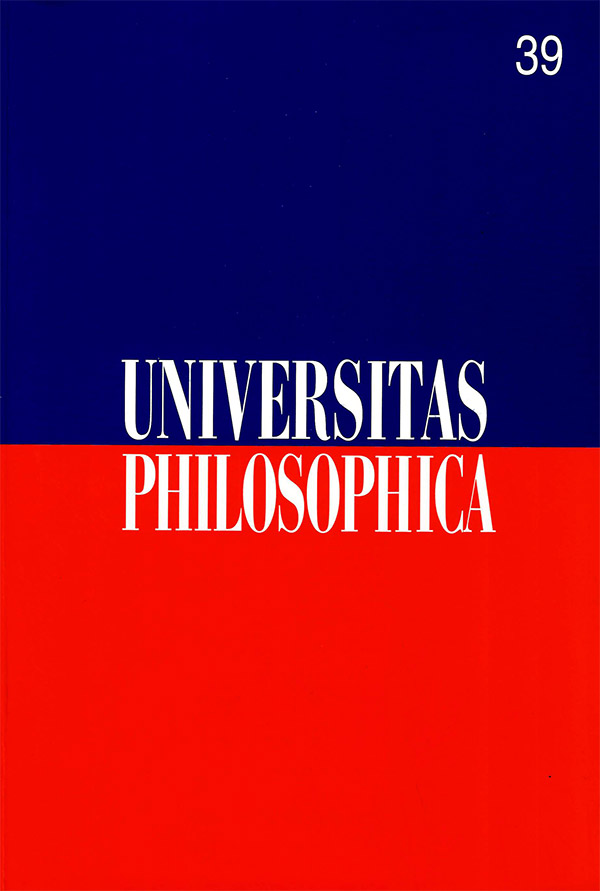Abstract
The result of a reflection about the relationship between the Platonism and the Darwinism, appears to conclude only that both sides are incompatible among each other, which leads to the definitive refutation of the first by the last. The objective of the following considerations is to question this opposition and to show that logically it is possible and, further more, that it's a wise election, to be at the same time Darwinist and Platonist. For doing so I will start, in first place by outlining some of the basic doctrines of Platonism. Then I will argue the relationship between Darwinism and Platonism regarding the idea of truth, the idea of good, and the idea of beauty. Finally, due to the fact that it has always been granted to the Platonism a great importance to the theological thought, and that it has been integrated once and again with the theism (even when there are atheist forms of Platonism and non-Platonic theist forms), I will end with some programmatic reflections about the relationship between the Darwinism and a theleological and theist vision of the world.
This journal is registered under a Creative Commons Attribution 4.0 International Public License. Thus, this work may be reproduced, distributed, and publicly shared in digital format, as long as the names of the authors and Pontificia Universidad Javeriana are acknowledged. Others are allowed to quote, adapt, transform, auto-archive, republish, and create based on this material, for any purpose (even commercial ones), provided the authorship is duly acknowledged, a link to the original work is provided, and it is specified if changes have been made. Pontificia Universidad Javeriana does not hold the rights of published works and the authors are solely responsible for the contents of their works; they keep the moral, intellectual, privacy, and publicity rights.
Approving the intervention of the work (review, copy-editing, translation, layout) and the following outreach, are granted through an use license and not through an assignment of rights. This means the journal and Pontificia Universidad Javeriana cannot be held responsible for any ethical malpractice by the authors. As a consequence of the protection granted by the use license, the journal is not required to publish recantations or modify information already published, unless the errata stems from the editorial management process. Publishing contents in this journal does not generate royalties for contributors.


